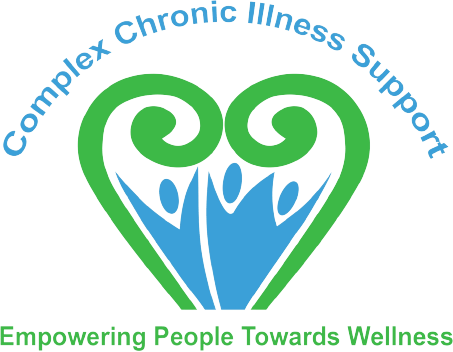By Vicki Price.
My daughter Caitlin (name changed for privacy) looks forward to the day when her health allows her to walk out to the letterbox to check the mail. Even better, being able to take her mobility scooter for a ride around the block. She is 23.
Of course, she has many greater dreams than these, but for now, Caitlin spends her days mostly laying in her darkened room. She listens to the radio or podcasts, playing games on her phone, reading, or sometimes, just resting in silence. At least now she has friends with this same disease, who can all offer each other support when things are tough. They understand.
The disease they suffer from, is Myalgic Encephalomyelitis (ME), also known as Chronic Fatigue Syndrome (CFS). It doesn’t just affect the young, it can strike at any age or stage of life. A neurological disease, it is mostly triggered by a virus. Consequently, the COVID-19 pandemic is leaving a disastrous tail in its wake.
Associate Professor Mona Jeffreys at Te Herenga Waka/Victoria University of Wellington says “The COVID-19 pandemic has resulted in large numbers of patients with Long COVID, many of whom meet diagnostic criteria for ME.”
Professor Jeffreys calls on all health professionals treating someone with ME “to understand that this is a neurological, not psychological, illness. Encouraging your patient to exercise is likely to worsen their fatigue and post-exertional malaise.”
She says that suggested treatments such as graded exercise therapy and cognitive behavioural therapy is outdated and is not evidence based.
Of 65 million Long COVID cases worldwide, half may develop ME. In Aotearoa, this equates to 416,350 people with ME/CFS, up from an estimated 25,000 pre-pandemic.
Emeritus Professor Warren Tate, of the University of Otago says Long COVID provides the opportunity for there finally to be a focus on education, and standardised best practice management and social support for the significant numbers of patients of both groups.
“The major clinical subgroup of Long COVID, the post viral syndrome arising from the global pandemic, has brought a greater awareness of the needs of the many ME/CFS patients suffering from a very similar ongoing debilitating fatigue illness.
“Managing the burden on families and their communities and understanding how ME/CFS and Long COVID affect our health and economic systems looms as an urgent priority not only for New Zealand but for all countries” he says.
A support organisation for those with ME/CFS and similar diseases, “Complex Chronic Illness Support” (CCI Support), is now having to cope with added numbers of people contacting them with Long COVID. CEO Miranda Whitwell, says that in the last six months, just over 23% of all referrals to their organisation are for Long COVID.
“The current health services are difficult to navigate, access and quality of life is poor for people with this illness, leading to long-term disability. There is regional access disparity due to differences in service provision for each district.
“As a not-for-profit charity, our resources are very limited and certainly do not meet the demand of the services required, albeit we try our utmost to provide safe, appropriate and holistic care for all who come to us asking for support.”
CCI Support covers the Bay of Plenty, Waikato, Nelson and Wellington regions, the rest of the country is provided with care and support through Telehealth.
Whitwell says they expect the demand to rise for their services as care and support dwindles elsewhere.
“As funding has been withdrawn for existing Long COVID services, these people will not have access to the required interventions. As local Long COVID services lose funding, people with Long COVID are going to seek further support from CCI Support, placing strain on service resources. Services for post-viral conditions like Long COVID need to be treated by experts within this field, rather than be referred into the current overburdened system with long waiting lists and a poor understanding of these unique conditions. CCI Support receives NO dedicated funding to provide support for people with the Post Viral Syndrome; Long COVID.”
